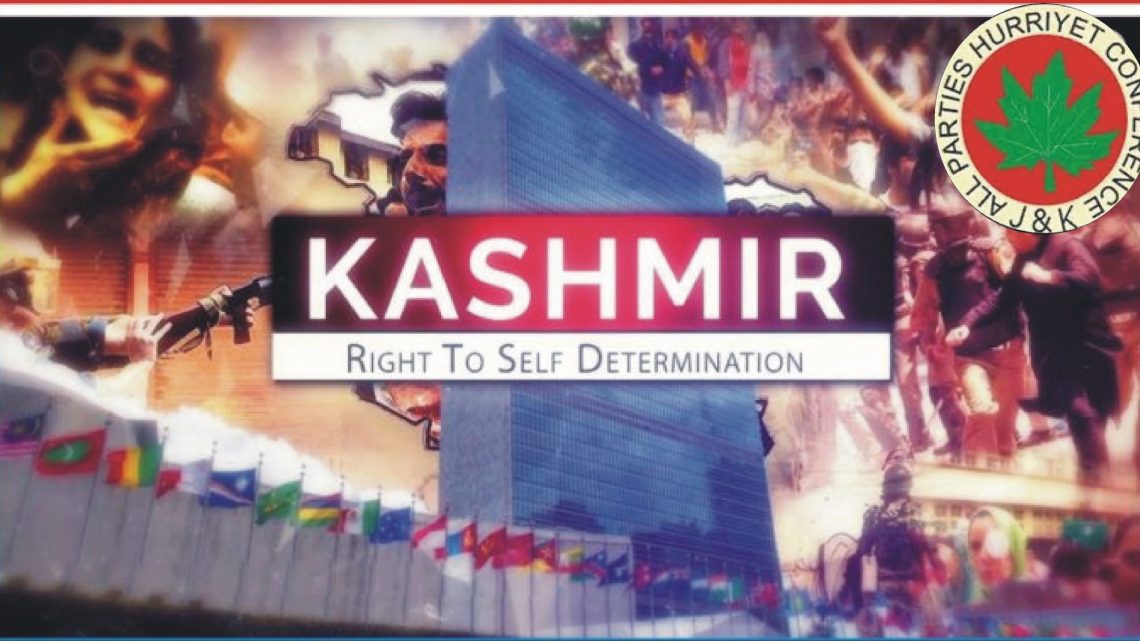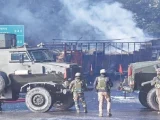
Kashmiris’ Struggle is Legitimate; India Must Halt Extra-Judicial Killings: APHC
October 1, 2024The All Parties Hurriyat Conference (APHC) has voiced serious concerns regarding the ongoing actions of Indian troops in Indian illegally occupied Jammu and Kashmir (IIOJK). These include cordon and search operations, arrests, and extra-judicial killings of Kashmiri youth.
In a recent statement, APHC spokesman Adv. Abdul Rashid Minhas detailed how Indian forces conduct operations that lead to the arrest and abduction of young people. These arrests often occur in homes, streets, and public spaces.
The detainees are frequently held under laws such as the Public Safety Act and the Unlawful Activities (Prevention) Act. Such detentions have reportedly led to a number of extra-judicial killings. Minhas highlighted that these violent incidents are prevalent in areas like Baramulla, Kulgam, Poonch, and Rajouri.
The APHC is calling for an urgent resolution to the long-standing Kashmir dispute. They emphasize that the struggle of Kashmiris against what they see as Indian occupation is legitimate.
Despite the hardships they face—including detention and torture—Hurriyat leaders and activists remain committed to pursuing a peaceful and democratic resolution. They aim to address the situation through established United Nations resolutions.
Minhas underscored the resilience of the Hurriyat leaders and activists, noting their high morale even under oppressive conditions. He asserted that they are willing to make significant sacrifices for the Kashmir cause.
In light of these issues, Minhas appealed to international bodies, including the United Nations and human rights organizations. He urged them to pressure the Indian government to release all Kashmiri political detainees.
The situation in IIOJK continues to evoke strong reactions both locally and internationally. The reported human rights violations raise critical questions about the treatment of Kashmiris under Indian occupation.
International human rights organizations are increasingly scrutinizing these operations. Reports of extra-judicial killings and arbitrary detentions conflict with global human rights standards.
The APHC’s call for intervention is part of a broader effort to highlight the struggles faced by Kashmiris. They seek international awareness and support for their plight.
As the situation develops, the response from the international community will be crucial. The ongoing violence and human rights violations in Kashmir could shape future diplomatic relations and humanitarian efforts.
The APHC’s steadfastness in advocating for the rights of Kashmiris reflects a broader movement. Many groups continue to fight for justice and recognition of their fundamental rights amid a challenging political landscape.

